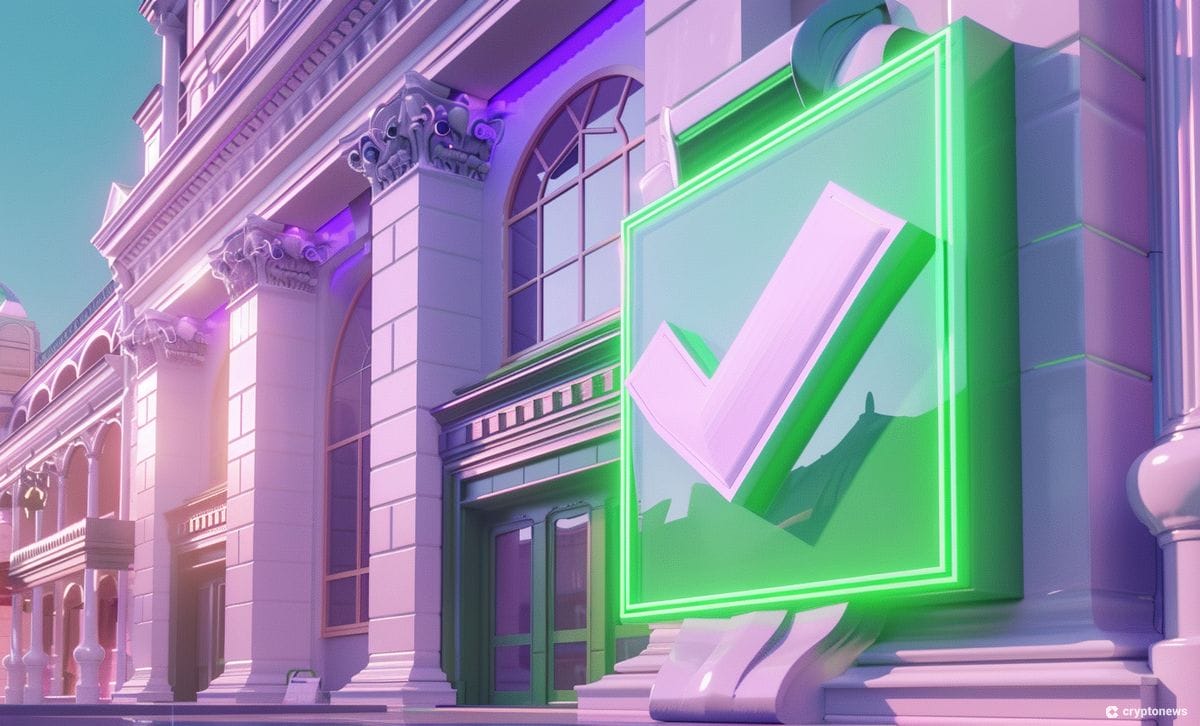Tinkoff Bank, one of Russia’s biggest banking players, has won a license to issue and sell “digital financial assets” (DFAs) in the country.
Interfax reported that the Central Bank added Tinkoff to its official list of approved DFA operators on March 28.
Tinkoff Bank Readies DFA Offerings
Tinkoff’s move comes weeks after its biggest rival, Sberbank, launched a DFA trading platform.
The Sberbank platform may eventually allow its customers access to certain types of NFTs.
The Central Bank launched its DFA register in February 2022, when it granted approval to the Atomyze platform.
Atomyze makes use of the Hyperledger Fabric blockchain protocol. It is backed by the blockchain-keen Russian metals mining giant Norilsk Nickel.
The metals firm this year made history when it became the first Russian firm to pay its employees’ dividends with a blockchain-powered coin.
Sberbank won regulatory approval for its own DFA plans in March 2022, at the same time as Lighthouse, a DFA-focused startup.
In 2023, the Central Bank added six IT startups to its register. It also gave the green light to Alfa-Bank, another Russian megabank. The latter won its permit in February 2023 and launched its own platform early last month.
Tinkoff has also invested in Atomyze, and will hope to leverage this relationship as it bids to make up DFA ground.
Russia’s Tinkoff to take Rosbank retail clients as Potanin pushes integration https://t.co/nUlwxqHVWz pic.twitter.com/OCdviYU986
— Reuters Business (@ReutersBiz) March 20, 2024
Interfax quoted a Tinkoff Bank spokesperson as stating that the financial institution “sees great potential in the DFA market.” The bank said:
“We have accumulated extensive experience in creating […] technological products. These are used by millions of people every day. Using this experience, we plan to conduct a number of experiments with [DFAs] as we look to launch new products.”
The bank added that DFAs would soon “increase the variety of financial instruments on the Russian market.”
It said that the assets would help “democratize access to capital markets for everyone.”
DFA Market Set for Boost in Russia?
The term DFA has been somewhat problematic in Russia in the past, where politicians used it to refer to cryptoassets like Bitcoin (BTC).
In recent times, however, politicians have used it to refer to other blockchain-powered coins, such as digital securities, digital bonds, and tokenized real estate assets.
Bank of Russia Sees No Alternative to Yuan for Its Reserves https://t.co/e5il3ScLOY
— John Lothian (@JohnLothian) March 30, 2024
They have also used it to refer to CBDCs, including the digital ruble project. In mid-March, President Vladimir Putin signed a law that allows Russian firms and their overseas trading partners to use DFAs as a payment tool.
In January, Russia’s largest banking union announced the launch of a “digital assets council.” Senior lawmakers have also publically backed the domestic DFA market for growth.
